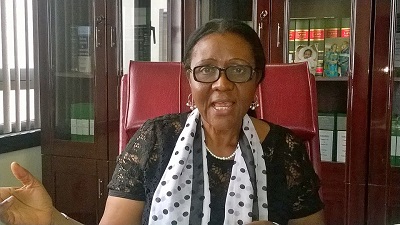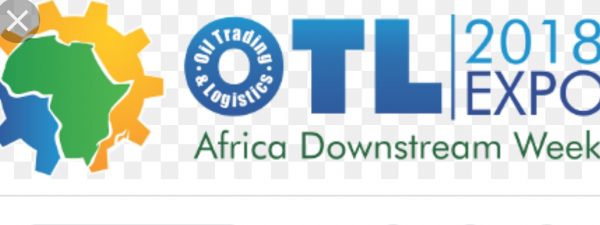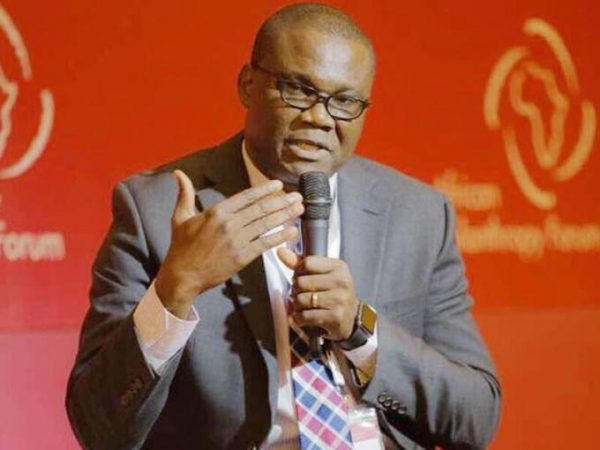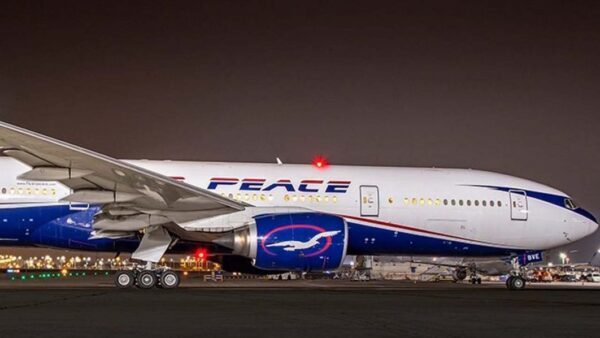PCC Boss Urges Nigeria To Balance International Trade
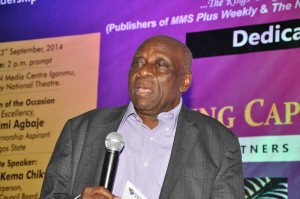
The Chairman, Ports Consultative Council (PCC), Otunba Kunle Folarin has encouraged the nation to strike a balance between import and export trade and attain a true reflection of international trade.
Folarin, who made this statement in a paper presentation titled “Shipping and International trade in Nigeria’s maritime domain”, at the annual Business Luncheon and magazine launch of Women’s International Shipping and Trading Association (WISTA) Nigeria in Lagos, recently, argued that this balance would help streghten the nation’s economy.
According to him, although Nigeria is import-dependent, the nation’s economy depends substantially on foreign currency earned through the export of crude oil and some non oil commodities such as; cocoa, solid minerals and other agricultural produce.
Otunba noted that Nigeria as a developing nation, there is a bias for import in terms of volume and variety when compared with export in international trade, adding that the current aggregate exceeds $18, 000, 000, 000 a year through formal import orders.
He said that the federal government’s policy to focus on reconstructing key infrastructures crucial to the commercial and industrial sector of the nation after the civil war led to capital flight in foreign exchange.
“The demand for raw materials for industries increased. The breweries for malt, sugar, iron and steel billet for the Rolling Mills in addition Completely Knocked Down (CKD) vehicle assembly plants located in Ibadan, Kaduna, Bauchi were on stream.”
“The strain on our foreign exchange started to show and importers demand foreign exchange to remit to their suppliers. The arrangement enjoyed 5 percent or lower import duties but gives an opportunity for foreign exchange allocation in millions of dollars. This was the era of over-declaration.” he said.
While speaking on the role ports play in national development, he described ports as the gateways to the economy and therefore hinged the performance of the ports on the collective roles of the service providers, consumers and regulators.
He, however, highlighted Port and Harbour management, arbitrary imposition of freight rates, disputes in insurance claims, excessive port charges, multiple interventions in the clearing processes, difficulties in export documentation and contracts, parallel tariffs and duplications of charges, import items prohibition amongst others as the critical issues in the nation’s maritime domain that need to be addressed.



